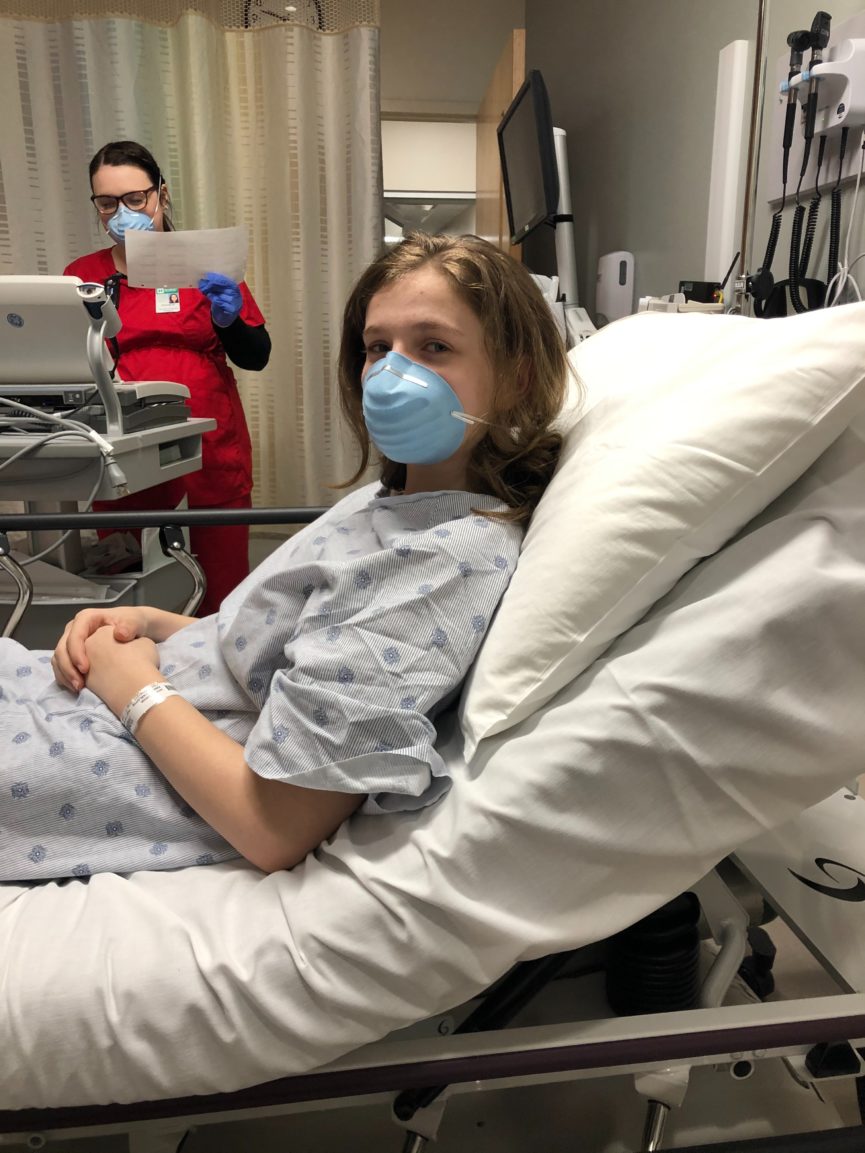*Personal Injuries in Ireland is defined as including “any disease and any impairment of a person’s physical or mental condition”. This definition encompasses situations whereby a plaintiff contracts an infection during a routine operation. The recent decision of the Supreme Court in Oliver O’Sullivan v Ireland, the Attorney General & Ors [2019] IESC 33 sheds light on the period of time a claimant may have to pursue an action for personal injuries due to contracting an infectious disease while attending a hospital. In the above case, the claimant contracted “Methicillin-resistant Staphylococcus aureus, commonly called MRSA, during the course of what might otherwise have been an uncomplicated operation”.
In the ordinary course of events, a claimant must pursue an action for personal injuries within two years of the injury. The exception to this is when the injury sustained by a person only becomes known at a later date. The point at which a claimant becomes aware that they have suffered significant injury is more commonly known as the “date of knowledge”. This is the date by which a court will calculate the limitation period.
In the above cited case, the plaintiff entered a hospital initially for a routine operation. Following the operation, the plaintiff was discharged only to be readmitted 10 days later having contracted a severe MRSA infection during the first operation.
Infectious Diseases & Limitation Periods: When does time begin to run?
In the above cited case, the Supreme Court fixed the date of knowledge almost a year and a half after the plaintiff had contracted MRSA. This was the point by which the court determined that the plaintiff had the required knowledge for the purposes of the statute of limitations and the point from which the time to pursue a claim began to run. Specifically, the court stated that it was only upon a review of the plaintiff’s hospital records by a medical expert that he became aware that he had contracted MRSA during an “outbreak”. Justice Peter Charleton stated as follows:
“An MRSA infection can be caught in a hospital, in any event, and without negligence on the part of the treating medical person and despite care in the hygiene management of the hospital. On his solicitor having the hospital records analysed, an outbreak of the disease in the hospital from which he should have been protected became the broad knowledge which he had and on which he was to base his case. That was the point at which time began to run”.
The Supreme Court further outlined that the purpose for extending the timeline to pursue a claim is to address claims whereby although an injury has occurred the injury does not become apparent for many years. The Court drew comparisons to cases involving coal miners and working with asbestos where the injuries sustained only became apparent following the passage of time. The “date of knowledge” ensures that such cases are not unjustly time barred provided they meet with all the statutory requirements.
Anyone wishing to read the above judgement of the Supreme Court may do so by visiting www.supremecourt.ie . Should you wish to discuss any of the above matters, please get in touch by contacting us at (01) 833 8147 or alternatively you can email us at [email protected]
*In contentious business, a solicitor may not calculate fees or other charges as a percentage or proportion of any award or settlement.

